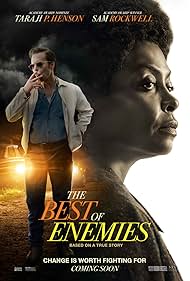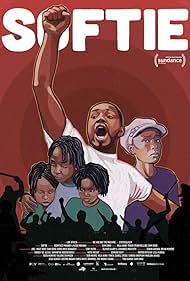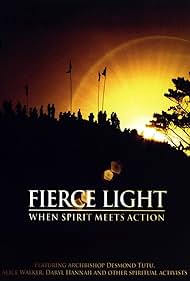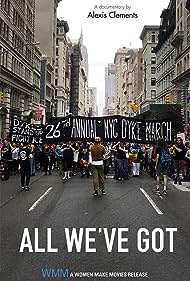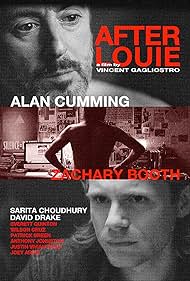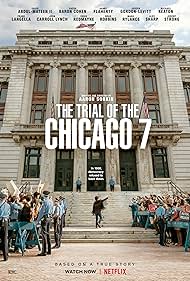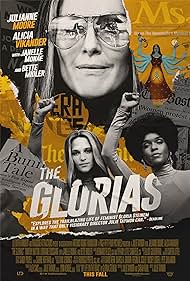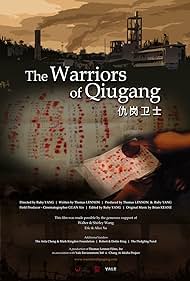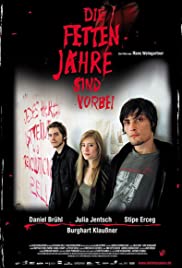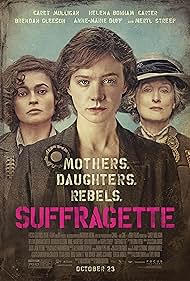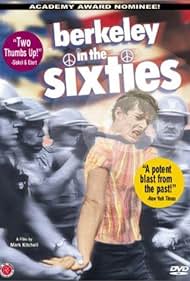Freedom Summer Soundtrack (2014)

Buy on Amazon Play and download Soundtracks
Freedom Summer
Freedom Summer
Freedom Summer
Synopsis
Freedom Summer was a pivotal moment in the Civil Rights Movement of the 1960s. It was a campaign launched in 1964 to register African American voters in Mississippi, where they faced severe discrimination and voter suppression.
Organized by civil rights organizations such as the Student Nonviolent Coordinating Committee (SNCC) and the Congress of Racial Equality (CORE), Freedom Summer brought hundreds of volunteers, mostly white college students, to the state to help with voter registration and education efforts.
The volunteers faced intense hostility and violence from white supremacists, including the infamous murders of three civil rights workers: James Chaney, Andrew Goodman, and Michael Schwerner. Their deaths shocked the nation and brought attention to the struggles of African Americans in the South.
Despite the challenges and dangers, Freedom Summer was a turning point in the fight for civil rights. It helped to increase voter registration among African Americans in Mississippi and paved the way for the passage of the Voting Rights Act of 1965, which prohibited racial discrimination in voting.
